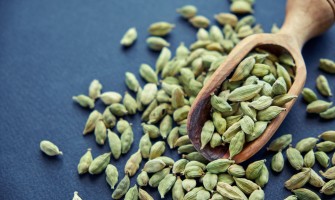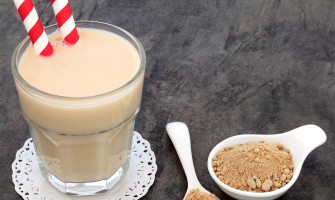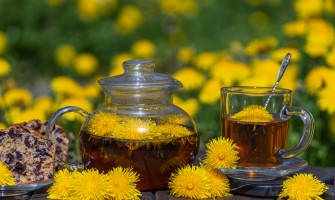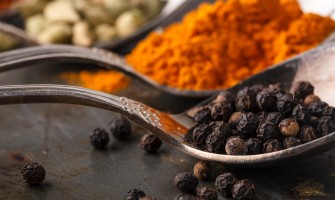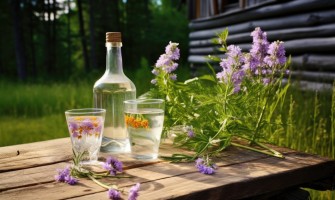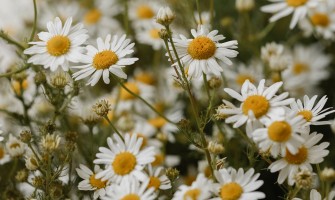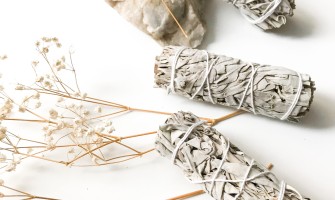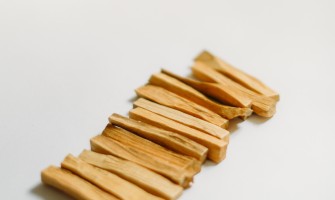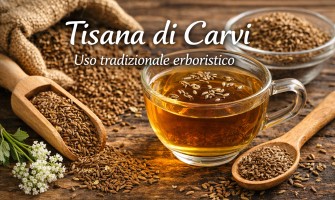0
9458
Semi di cardamomo: proprietà aromatiche, usi in cucina e tisana tradizionale
I semi di cardamomo sono una spezia aromatica ottenuta dai frutti di Elet..
0
48867
La maca è una radice commestibile originaria degli altipiani andini del Perù.
Appartiene alla specie Lepidium meyenii e cresce tra i 3.500 e i 4.000 m..
0
1377
Il tarassaco, conosciuto anche come dente di leone, è una pianta officinale ampiamente utilizzata nella tradizione erboristica.
Le sue radici e le s..
0
1320
La curcuma e il pepe nero sono due spezie ampiamente utilizzate nella tradizione culinaria e botanica.
L’abbinamento tra queste due materie prime è ..
0
72
Le grappe alle erbe alpine rappresentano una tradizione radicata nelle zone di montagna.
Nascono dall’incontro tra distillazione e conoscenza botani..
0
164
Camomilla comune e camomilla romana: differenze botaniche e tradizionali
Con il nome camomilla vengono spesso indicate piante diverse, creando confu..
0
175
Salvia bianca: cos’è, origine botanica e differenza con la salvia officinale
La salvia bianca è una pianta aromatica che negli ultimi anni è diventa..
0
120
Palo Santo: cos’è, origine botanica e uso tradizionale
Il Palo Santo è un legno aromatico conosciuto per il suo profumo intenso e caratteristico.
Il..
0
79
Alcol e piante officinali uso tradizionale
Nella tradizione erboristica l’alcol è stato utilizzato come mezzo di estrazione e conservazione delle pi..
0
132
COS’È IL TÈ E DA QUALE PIANTA DERIVA
Il tè è una bevanda di origine vegetale conosciuta e consumata in molte culture del mondo.
Dal punto di vista bot..
0
125
DIFFERENZA TRA TÈ E TISANE NELLA TRADIZIONE ERBORISTICA
Nel linguaggio comune i termini tè e tisana vengono spesso utilizzati come sinonimi.
Nella tra..
0
93
TISANA DI CARVI NELLA TRADIZIONE ERBORISTICA
La tisana di carvi è una preparazione tradizionale ottenuta dai frutti essiccati della pianta Carum carvi..


